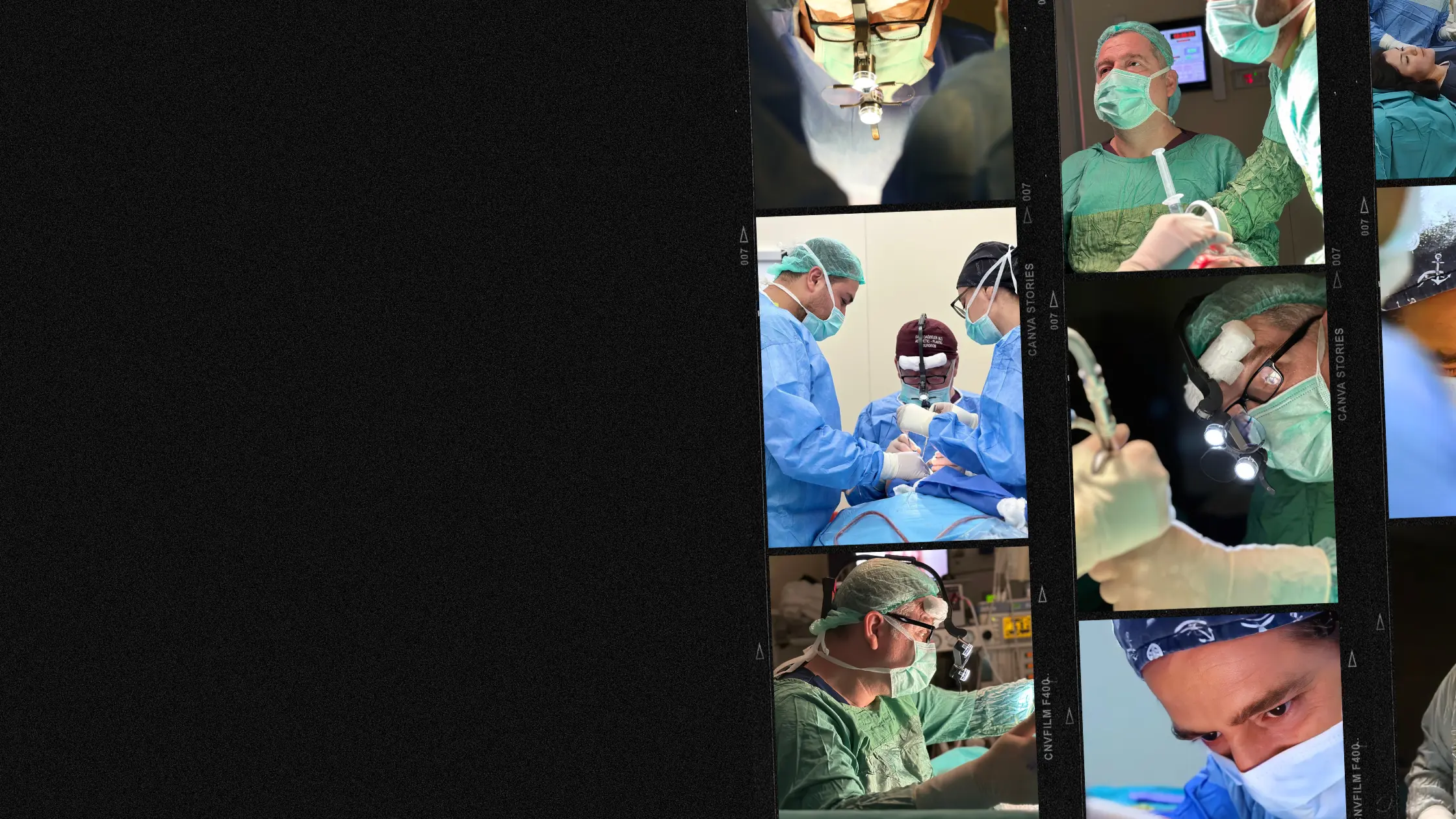Epigenetic Factors Affecting Hair Regrowth Post-Transplant: What We Know So Far
Hair transplantation has revolutionized the field of aesthetic and reconstructive surgery, providing solutions to hair loss that were once thought unattainable. While the surgical techniques and post-operative care protocols have greatly improved, the role of epigenetic factors in the success of hair regrowth post-transplant has garnered increased attention. This paper explores the epigenetic factors that impact hair regrowth, elaborates on current findings, and offers insights into future research directions.
Introduction
Epigenetics is a rapidly evolving field that examines heritable changes in gene expression that do not involve alterations to the underlying DNA sequence. These changes can significantly affect biological processes, including hair growth and regrowth post-transplant. In the context of hair transplantation, understanding epigenetic influences can help optimize patient outcomes and create personalized treatment plans.
Genetic and Epigenetic Foundations of Hair Growth
Genetic Factors
The foundation of hair growth is deeply rooted in genetics. Specific genes regulate the growth, pigmentation, and cycling of hair follicles. Androgen receptors and the AR gene are known to play pivotal roles in androgenetic alopecia, commonly known as male or female pattern baldness. However, genetics alone do not explain the variability in hair regrowth outcomes post-transplant.
Epigenetic Modifications
Epigenetic modifications, such as DNA methylation, histone modification, and non-coding RNA interactions, influence gene expression without altering the DNA sequence. These modifications can be triggered by environmental factors, lifestyle choices, and even psychological stress, thereby impacting hair regrowth post-transplant.
Environmental Influences
Nutrition
A balanced diet rich in vitamins and minerals is essential for hair health. Nutrients like biotin, vitamin D, and omega-3 fatty acids can influence epigenetic modifications that promote hair growth. Conversely, nutrient deficiencies can lead to adverse epigenetic changes, hampering hair regrowth.
Stress and Psychological Factors
Stress is a known trigger for epigenetic modifications that can negatively impact hair growth. High levels of cortisol, the stress hormone, can alter the expression of genes involved in hair growth cycles. Techniques that manage stress, such as mindfulness and yoga, can potentially mitigate these effects.
Lifestyle Choices
Smoking and Alcohol Consumption
Both smoking and excessive alcohol consumption have been linked to adverse epigenetic changes. Smoking can lead to increased DNA methylation of genes responsible for hair growth, while alcohol disrupts nutrient absorption, further affecting epigenetic regulation.
Exercise
Regular physical activity can positively influence epigenetic markers associated with hair growth. Exercise improves blood circulation, ensuring that hair follicles receive adequate nutrients and oxygen, which can promote healthier hair regrowth.
Clinical Implications
Personalized Treatment Plans
Understanding a patient’s unique genetic and epigenetic profile can allow clinicians to create personalized treatment plans. This may involve tailored nutrition and lifestyle recommendations, alongside traditional post-operative care protocols.
Future Research Directions
Further research is needed to elucidate the complex interactions between genetic and epigenetic factors in hair regrowth post-transplant. Identifying specific epigenetic markers that predict successful hair regrowth can pave the way for new therapeutic interventions.
Conclusion
The interplay between genetic and epigenetic factors significantly influences hair regrowth post-transplant. Understanding these factors can lead to more effective, personalized treatment plans, thereby improving patient outcomes. As research in this field continues to evolve, the potential for innovative, epigenetically-targeted therapies looks promising.
For those considering a hair transplant or seeking to optimize their post-transplant hair regrowth, understanding the role of epigenetic factors is crucial. Visit our appointment page to schedule a consultation. Alternatively, contact us on WhatsApp at +90 507 178 17 79 for more information.


